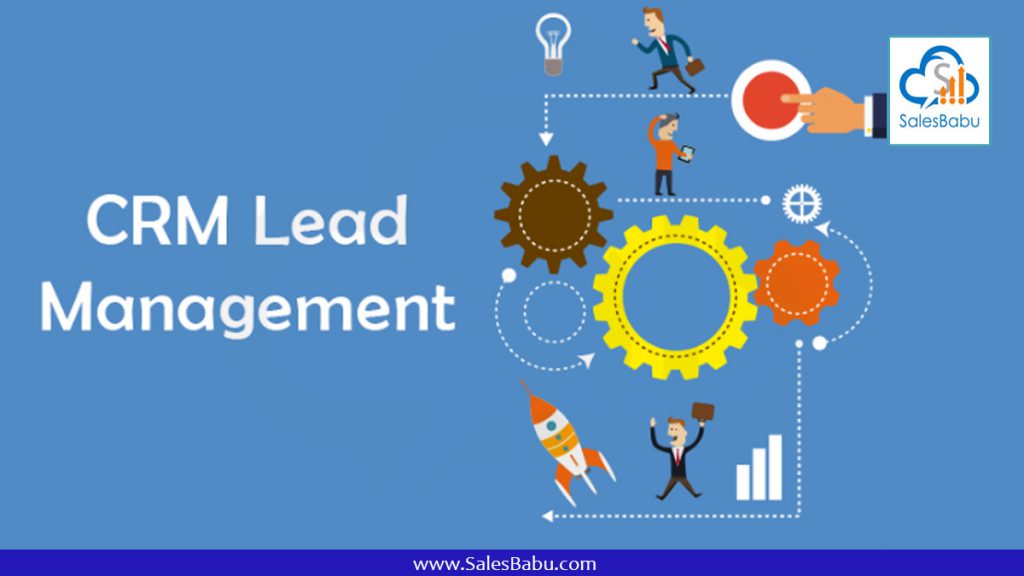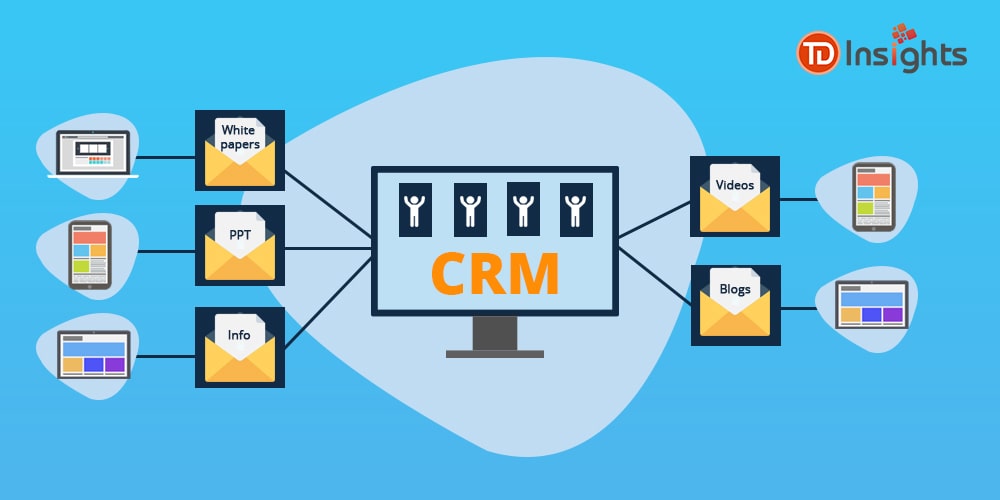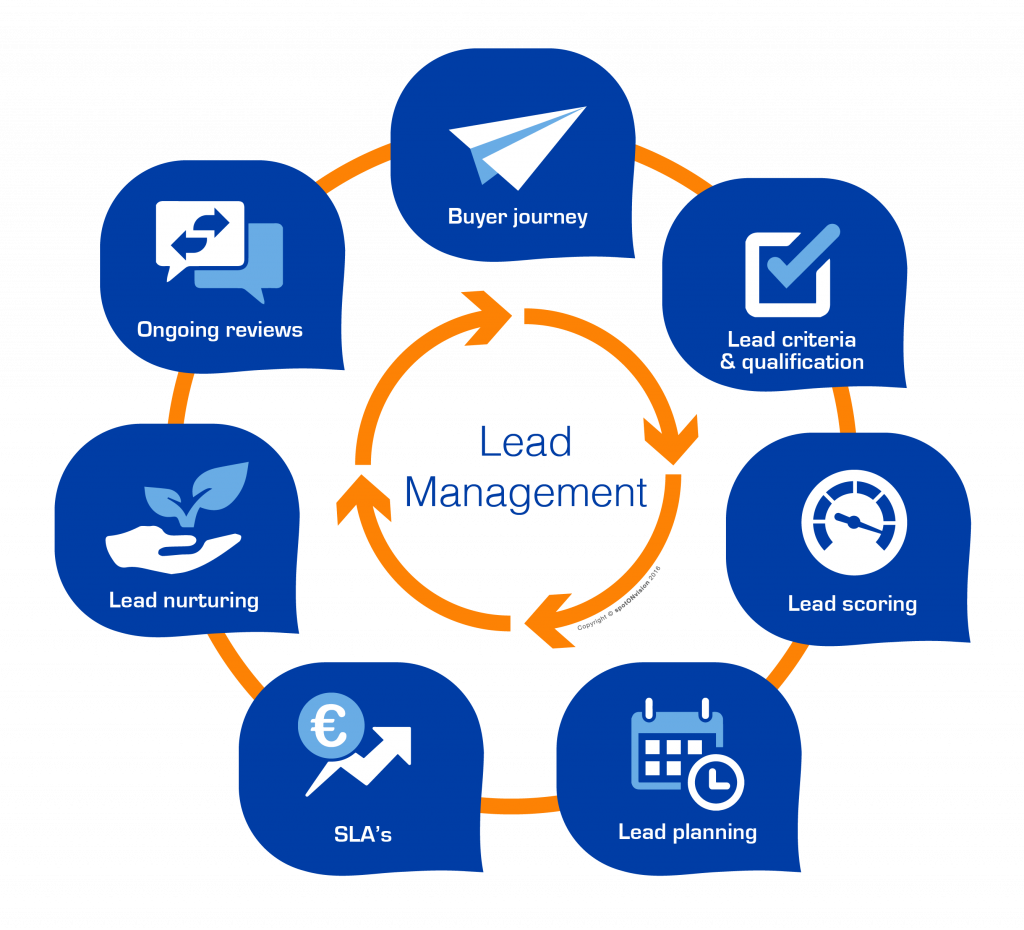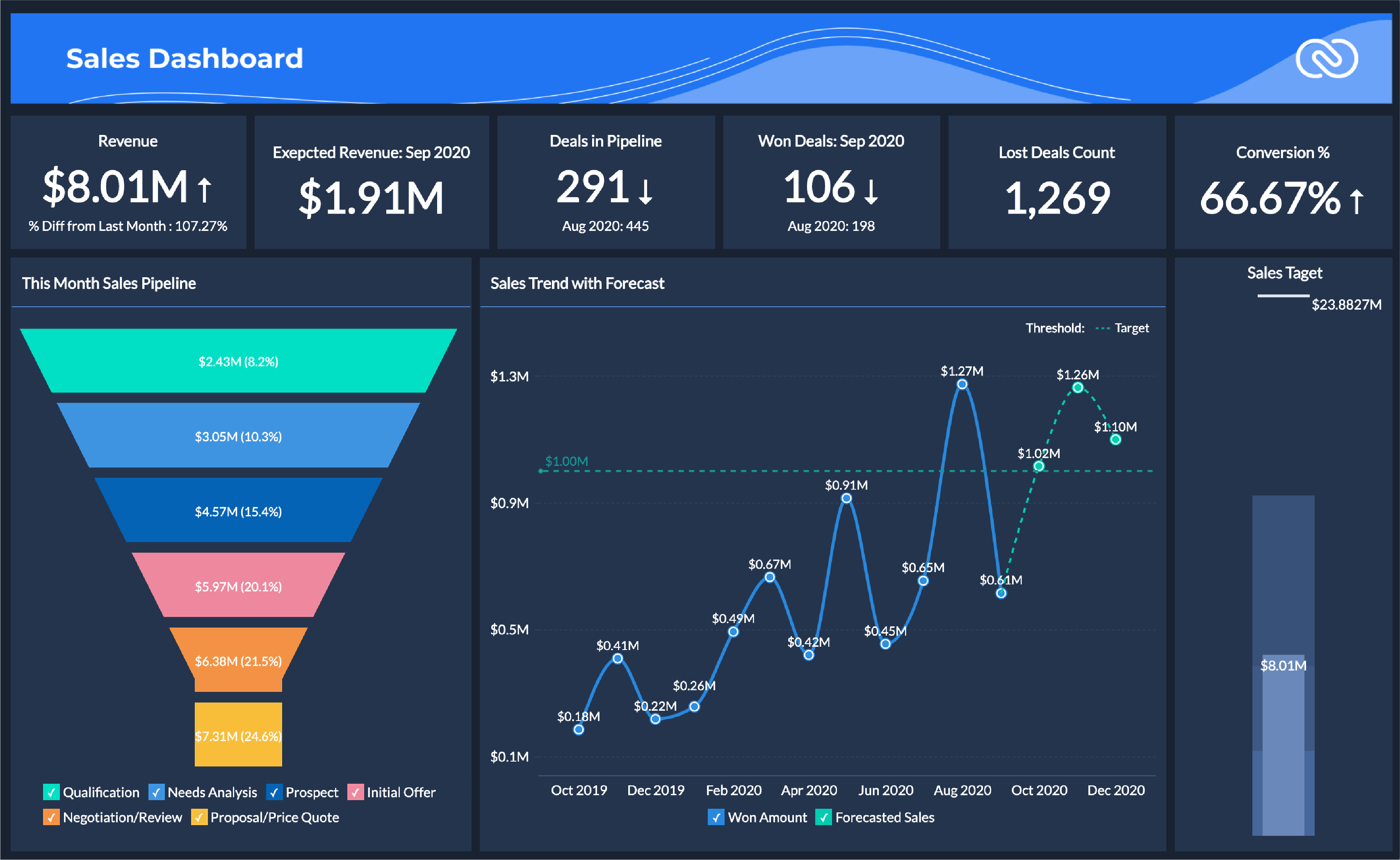In the competitive world of sales, effective lead management is crucial. CRM for leads has emerged as a powerful tool, empowering businesses to streamline their lead management processes and drive conversions. This comprehensive guide delves into the intricacies of CRM for leads, providing valuable insights and practical strategies to help you maximize your lead generation efforts.
CRM systems offer a centralized platform for managing leads, tracking their progress through the sales funnel, and nurturing them into loyal customers. By leveraging the capabilities of CRM, businesses can gain a deeper understanding of their leads, tailor their marketing efforts, and ultimately increase their sales revenue.
CRM Systems for Lead Management
Customer Relationship Management (CRM) systems are software applications that help businesses manage their interactions with customers and prospects. They provide a central repository for customer data, including contact information, communication history, and sales activity. CRM systems can be used to manage leads, track sales opportunities, and provide customer service.
Using CRM systems for lead management offers several benefits. First, CRM systems can help businesses capture and track leads from a variety of sources, including websites, email campaigns, and social media. Second, CRM systems can help businesses qualify leads and prioritize them based on their likelihood to convert into customers.
Third, CRM systems can help businesses automate lead nurturing processes, such as sending emails and scheduling follow-up calls.
The key features and capabilities of CRM systems that are essential for lead management include:
- Lead capture and tracking
- Lead qualification and scoring
- Lead nurturing automation
- Sales opportunity tracking
- Customer service management
There are many successful examples of CRM implementations for lead management. One example is Salesforce, which is a cloud-based CRM system that is used by over 150,000 businesses worldwide. Salesforce provides a variety of features and capabilities for lead management, including lead capture, lead qualification, lead nurturing, and sales opportunity tracking.
Lead Nurturing with CRM

CRM plays a vital role in lead nurturing by providing a centralized platform to manage and track lead interactions throughout the sales funnel. It enables businesses to automate lead nurturing campaigns, personalize communication, and measure the effectiveness of their efforts.
Best Practices for Lead Nurturing with CRM
To effectively nurture leads using CRM, consider the following best practices:
- Segment leads:Divide leads into specific groups based on their demographics, interests, and behavior to tailor nurturing campaigns.
- Automate communication:Set up automated email sequences, drip campaigns, and personalized messages to deliver relevant content at the right time.
- Personalize interactions:Use CRM to track lead preferences and tailor communication accordingly, addressing them by name and referencing their interests.
- Track lead engagement:Monitor lead interactions with emails, website visits, and other touchpoints to assess their level of engagement and adjust nurturing strategies.
- Measure results:Use CRM analytics to track key metrics like email open rates, click-through rates, and conversion rates to measure the effectiveness of lead nurturing campaigns.
Case Study: Successful Lead Nurturing Campaign Using CRM
Company X implemented a lead nurturing campaign using CRM, segmenting leads based on their industry and company size. They automated a series of emails that provided valuable content and case studies tailored to each segment. By tracking lead engagement and adjusting the campaign based on results, Company X increased lead conversion rates by 25% within six months.
Lead Scoring and Qualification

Lead scoring and qualification are crucial processes in CRM that help businesses prioritize and nurture leads effectively. They enable sales teams to identify the most promising leads, allocate resources efficiently, and improve conversion rates.
Lead scoring assigns a numerical value to each lead based on their demographics, behavior, and engagement. This score helps businesses assess the lead’s potential value and readiness for sales outreach.
Methods for Lead Scoring
- Demographic scoring:Considers factors such as industry, company size, and job title.
- Behavioral scoring:Tracks website visits, email engagement, and content downloads.
- Engagement scoring:Measures lead interactions with sales representatives, such as phone calls and meetings.
Lead qualification involves evaluating leads against specific criteria to determine if they meet the company’s ideal customer profile (ICP). This process helps businesses filter out unqualified leads and focus on those with a higher probability of conversion.
Step-by-Step Guide to Setting Up Lead Scoring and Qualification Rules
- Define your ICP:Determine the characteristics of your ideal customers.
- Identify lead scoring factors:Choose factors that align with your ICP and sales process.
- Assign scores to factors:Determine the numerical value for each factor based on its importance.
- Set qualification criteria:Establish clear rules for lead qualification, such as minimum lead score or specific engagement behaviors.
- Automate the process:Use CRM automation tools to automatically score and qualify leads based on predefined rules.
- Monitor and adjust:Regularly review your lead scoring and qualification rules to ensure they remain effective and aligned with your business objectives.
Lead Segmentation and Targeting

Lead segmentation and targeting are crucial for maximizing the effectiveness of your marketing campaigns. By dividing your leads into distinct groups based on specific criteria, you can tailor your messaging and outreach strategies to resonate with each segment.
Benefits of Lead Segmentation and Targeting, Crm for leads
Lead segmentation offers several advantages:
- Improved Targeting:By understanding the unique characteristics of each lead segment, you can create targeted campaigns that address their specific needs and interests.
- Increased Conversion Rates:Tailored messaging and offers lead to higher conversion rates, as leads are more likely to engage with content that is relevant to them.
- Optimized Marketing Spend:Segmenting leads allows you to focus your marketing efforts on the most promising segments, maximizing your return on investment.
- Enhanced Customer Experience:Personalized campaigns provide a better customer experience, building stronger relationships and fostering loyalty.
Criteria for Segmenting Leads
Leads can be segmented based on various criteria, including:
- Demographics:Age, gender, location, income, education level
- Firmographics:Industry, company size, revenue, job title
- Behavioral:Website visits, email engagement, content downloads
- Psychographics:Values, interests, personality traits
Using CRM for Targeted Marketing Campaigns
CRM systems play a vital role in lead segmentation and targeting. By capturing and storing lead data, CRMs enable you to:
- Create Segments:Use CRM filters and tags to define and group leads based on specific criteria.
- Automate Campaigns:Trigger targeted email campaigns, personalized landing pages, and other marketing activities based on lead segmentation.
- Track Results:Monitor the performance of targeted campaigns and make adjustments to optimize results.
By leveraging lead segmentation and targeting, you can create highly effective marketing campaigns that drive higher conversion rates, enhance customer experience, and maximize your marketing ROI.
CRM Integration with Marketing Automation: Crm For Leads
Integrating customer relationship management (CRM) with marketing automation tools offers significant advantages for businesses. It streamlines lead management, enhances customer engagement, and improves marketing efficiency.
Types of Integrations
- Data Synchronization:Automates the exchange of lead data, contact information, and other relevant details between CRM and marketing automation systems.
- Lead Nurturing:Enables marketing automation tools to trigger targeted email campaigns, personalized content, and automated follow-ups based on lead behavior and preferences captured in the CRM.
- Lead Scoring and Qualification:Allows marketing automation tools to assign scores to leads based on predefined criteria and automatically qualify them for further engagement.
- Campaign Tracking and Reporting:Provides a comprehensive view of marketing campaigns’ performance by tracking lead engagement, conversion rates, and other key metrics within the CRM.
Successful Integrations
Examples of successful CRM and marketing automation integrations include:
- Salesforce and Marketo:A leading CRM platform integrated with a powerful marketing automation tool for comprehensive lead management and customer engagement.
- Microsoft Dynamics 365 and HubSpot:A CRM system seamlessly integrated with a marketing automation platform to provide a unified view of customer interactions and streamline marketing efforts.
- Zoho CRM and ActiveCampaign:A cost-effective CRM solution integrated with a user-friendly marketing automation tool to automate lead nurturing and enhance customer communication.
Reporting and Analytics for Lead Management
Reporting and analytics are crucial for effective lead management. They provide insights into lead performance, helping businesses optimize their lead generation and nurturing strategies.Key metrics to track include:
Lead conversion rate
Percentage of leads who become customers.
Lead-to-sale cycle length
Time it takes for a lead to become a customer.
Lead quality
Rating of leads based on their likelihood to convert.
Lead source effectiveness
Tracking which marketing channels generate the most qualified leads.CRMs can generate reports that provide detailed analysis of lead performance. These reports can help businesses identify trends, optimize campaigns, and improve overall lead management effectiveness.
Last Recap

In conclusion, CRM for leads is an indispensable tool for businesses looking to enhance their lead management and nurturing strategies. By implementing the principles and best practices Artikeld in this guide, you can optimize your lead generation process, improve lead quality, and drive more conversions.
Embrace the power of CRM and unlock the full potential of your lead management efforts.